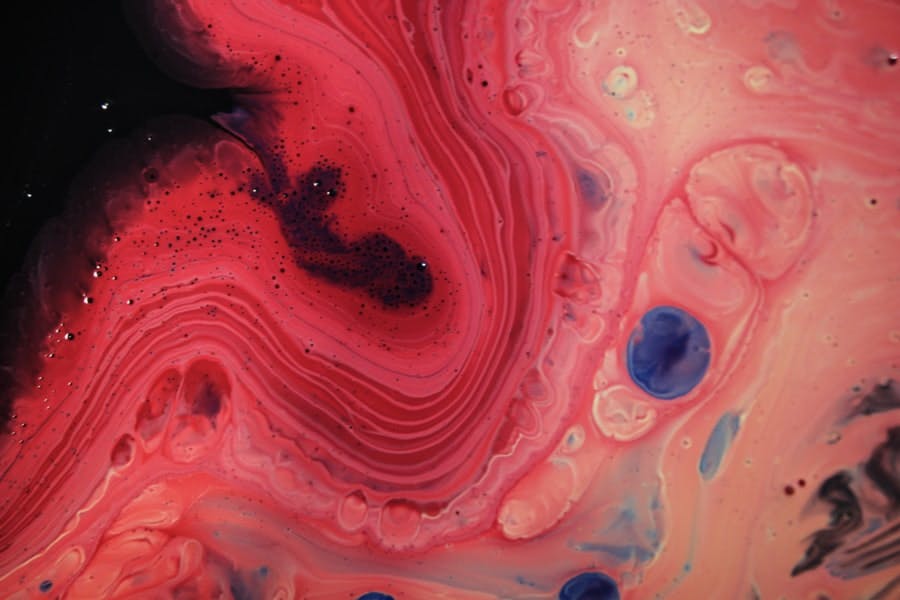I’ve always been a curious person. At a very young age I got interested in computers. For some reason assembling and dissembling them was incredibly satisfying. The same happened to other electronic devices at my reach. They ended up either in parts, broken or with some luck, back to “normal”.
My grandparent was a cars mechanic. He taught me how to weld metals, how wires worked, about batteries, about light and much more. He was just what I needed for my curiosity cravings. But with time, those questions grew in size and I started to question everything.
Doubt
Doubt crowded my mind like a virus. Everything was, either very easy or extremely difficult. For some reason, I became highly hesitant to math and science. I thought it was because I was more of a practical, musical and artsy person. I had my guitar, my oiled crayons, my computer, my toolbox… I took for granted that I wasn’t good for logic and calculus because I wanted to use my hands, get dirty and solve stuff quickly. A junkie for instant feedback, who later on found out that she was more on the experimental side of things, instead of the theoretical realm.
Curiosity is a weird thing. Highly uncontrollable, dangerous and beautiful at the same time. But what happen when we don’t get along with that feeling of uncertainty? When we don’t find answers, we find fear.
Fear
We all know fear– that debilitating, distracting, tiring, and sometimes irrational thing that is unquestionably and biologically part of us. How do we dissipate that awful feeling? Perspective.
For me, I see fear as lack of knowledge. Lack of light… total darkness. And with darkness, we can’t move, we do not see, and it’s hard to make decisions. We fear what we do not know or what we know to be dangerous. So how do we keep fear at bay, and doubt in a healthy spot? Knowledge.
Knowledge
Knowledge is a pretty personal thing to measure. One can’t simply ask why without having or establishing a framework. You must know what is it that you are permitted to understand and allow to be understood and known, and what is not. Some answers may satisfy you, and some other may need more depth. Or not.
In other words, settle your definition of what you consider a “truth”. (This is understanding “truth” as posible answer to be close to satisfy a question. A response that you are somewhat confortable with.)
For me, the truth should not depend on the eloquence of the speaker. The truth should be absolute. When I established my framework I realized that I had to go deeper. When you find that “root”, you find something close to freedom. And when you realize that the rules are very simple and that– we are a result of atoms, and forces and so on. You understand that it’s not complicated, it’s just that there are a LOT of things. And these things are related, and have features in common, so on and so forth - That’s my drive.
During my time at high school I ignored this feeling of doubt by finding the (somewhat) easy way out. I used to say: “Why are we focusing our time in all of these things that are already discovered and solved.” Later on I realized that what I was trying to say was: “Why are we wasting our time with known-knowns” And that’s, I think, how my mind went into finding and questioning those unknowns-knowns and how exploring became a daily sport.
You see, life is this broad spectrum of known-knowns, known-unknowns, unknown-knowns and lastly unknown-unknowns.
Let’s dive in:
- Known-knowns, are the things that we already know. What we’ve already discovered.
- Known-unknowns, are the things that we know that are there but we need need luck, timing and a series of things (talent, maybe) to prove it (and turn it into a known-known). A nice example of that could be Higgs Boson. A discovery kept in large theorization until technology and experimental physicists where able to prove it. (Not much, just two beams of particles accelerated at a very high energy allowing them to collide.)
- Unknown-knowns, the things that you think you know but turns out you don’t.
- Unknown-unknowns, the rabbit. The things that we don’t even consider that exist and, of course, we don’t know.
From a mathematical perspective, I’d say that the domain of the function of life is composed by those 4 things. And if the universe is expanding, our function most likely tends to infinity. I’m pretty happy with that. (At least, now anyways)
I’m focused on 2 of them: unknown-knows, and known-unknowns. So you may wonder why not unknown-unknowns? Simple, I don’t think that we should focus on them actively. They will eventually come by crossing path with the others. I’m sure they will.
Wrapping up.
The world is a dynamic mess of jiggling things and as long as my questions don’t remain the same, I consider myself alive. I think that we are not here to live as animals but to pursue knowledge and virtue.
